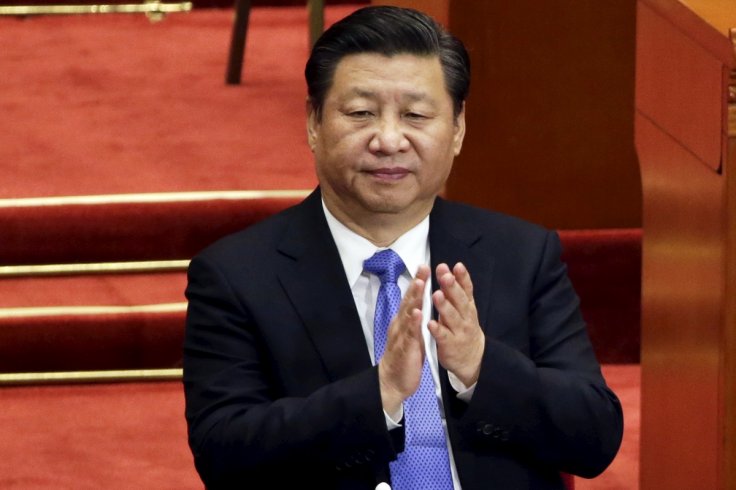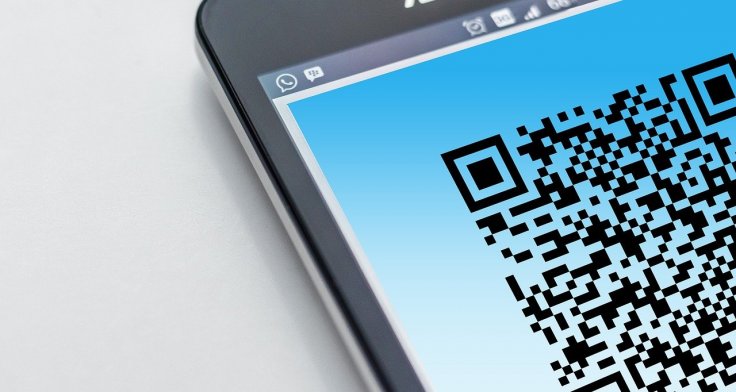China's fascination with QR codes is not new. From making payments to shopping, choosing products and reading any information, QR codes are everywhere in China. Now the Asian giant wants to deploy a similar platform to enable travel during the Coronavirus pandemic.
During the virtual G20 summit, China's President Xi Jinping proposed the idea of the global mechanism that would include nucleic acid COVID-19 and health certificates that can be embedded in the QR code. Just a scan will tell the authorities if any person is fit to travel and a brief medical history. That way, it would be easier to travel cross-border.
As the global pandemic has paused travel with many countries still maintaining bans on international flights, the aviation industry has greatly suffered. Xi hopes that a standardized protocol will be mutually beneficial for all countries to secure a travel bubble and will enable efficient contact tracing.

"China has proposed a global mechanism on the mutual recognition of health certificates based on nucleic acid test results in the form of internationally accepted QR codes. We hope more countries will join this mechanism. We need to further standardize policies and establish fast tracks to facilitate the orderly flow of people," Xi said during the summit as per Chinese state-run news agency Xinhua.
Global Health Passport
A QR (quick response) code is similar to bar codes that can be scanned by smartphones and it will be able to indicate details about the person. In China, authorities implemented the system back in March. Since then, they have been using QR codes for contact tracing during the pandemic. A green scan result will indicate that the person is healthy while yellow will designate the individual for quarantine. It is claimed that the country has been successful in containing the spread of the virus with the system.
Xi said that reopening the global economy was important as it could restore "global and industrial supply chains" and the "liberalization of trade of key medical supplies." However, Xi didn't disclose who would design and run the system. China's QR code mechanism has been developed by technology giant Ant Financial.

Privacy Concerns
However, a centralized contact tracing may be difficult to pull off. Many countries have contact tracing apps that have varied success rates. Many people don't trust a government-backed mobile app for contact tracing due to privacy concerns. There is also the factor of QR codes. While the system is popular in China, QR code hasn't generated much enthusiasm around the world.
Furthermore, China is notorious for its surveillance system and has been accused of monitoring people overseas. Hence, it is fair to say that not many countries and people would trust a system that has been proposed by China. Kenneth Roth, the executive director of the Human Rights Watch, said that a global health QR code system could easily turn into a tool for political monitoring.
"Beware of the Chinese government's proposal for a global QR code system. An initial focus on health could easily become a Trojan Horse for broader political monitoring and exclusion, akin to the dangers associated with China's social-credit system," he said in a tweet.
Another expert, Stuart Hargreaves, who is an associate professor at the Chinese University of Hong Kong, said although he didn't think QR code was invasive, storing sensitive health information would be risky and privacy would become "particularly important".
"For example, what information is stored in the underlying record, how it is generated, where it is stored, who has access to it," Professor Hargreaves told CNN. However, he added that once a vaccine is approved and available, a global health passport would be necessary.








